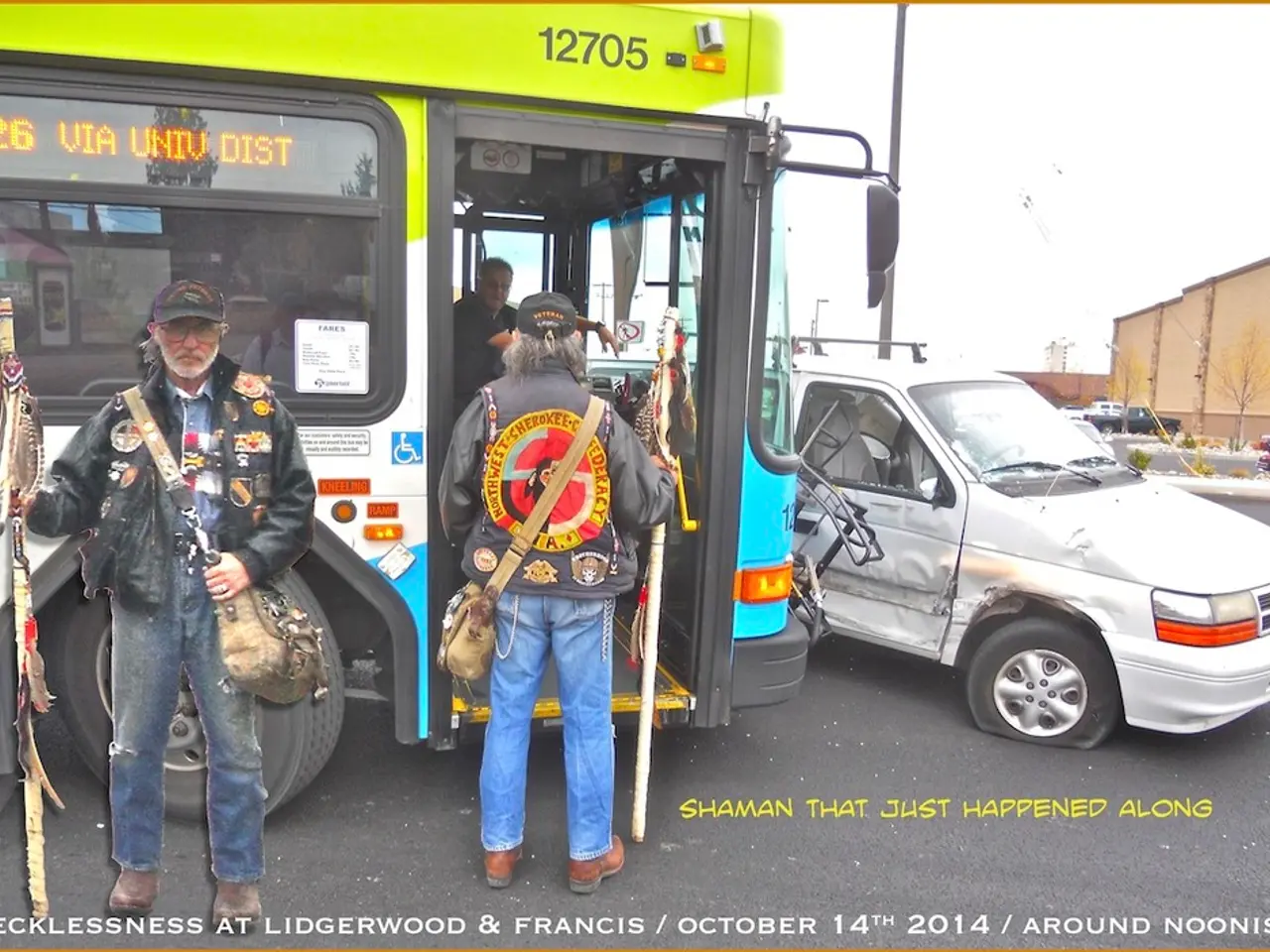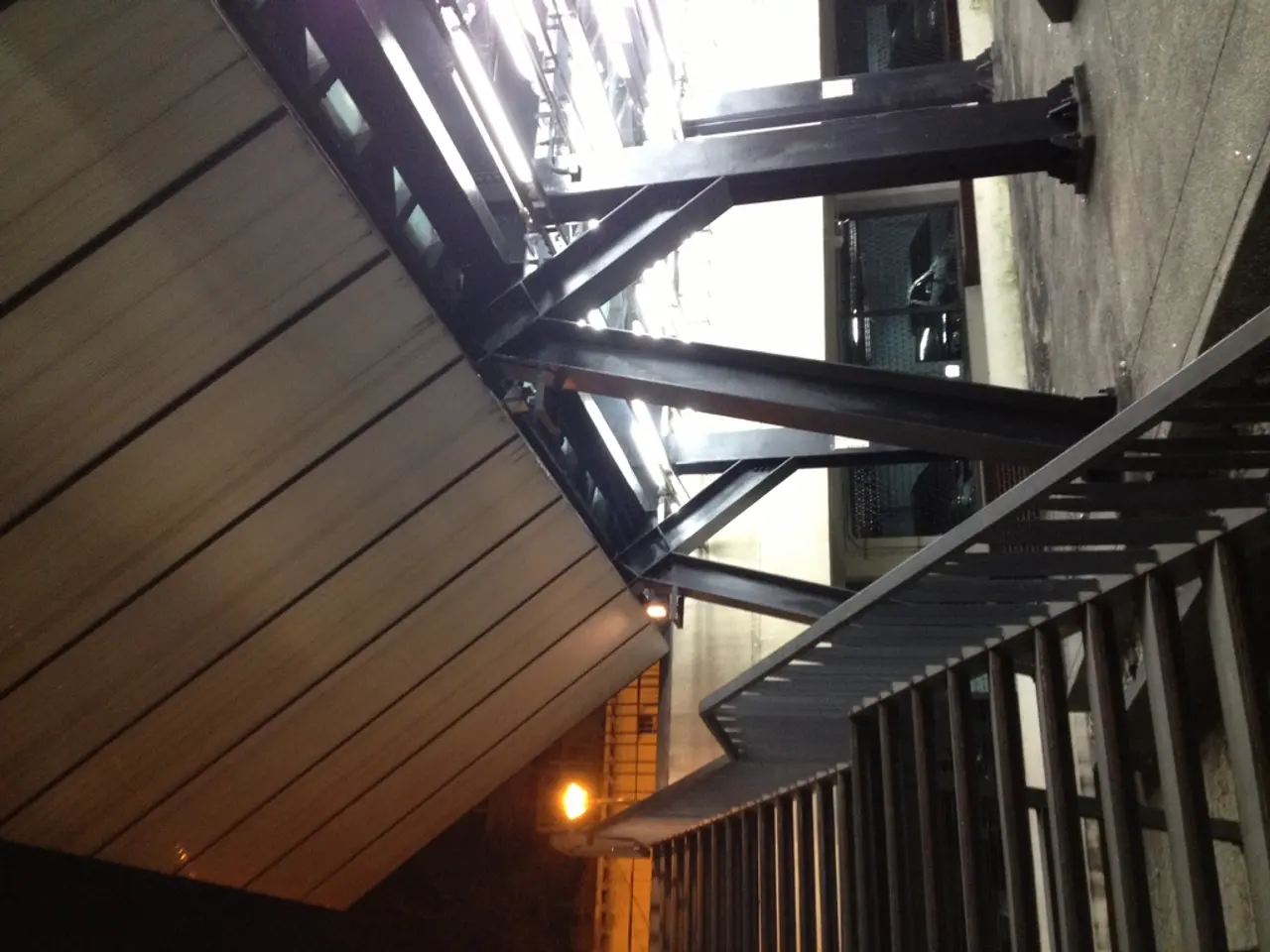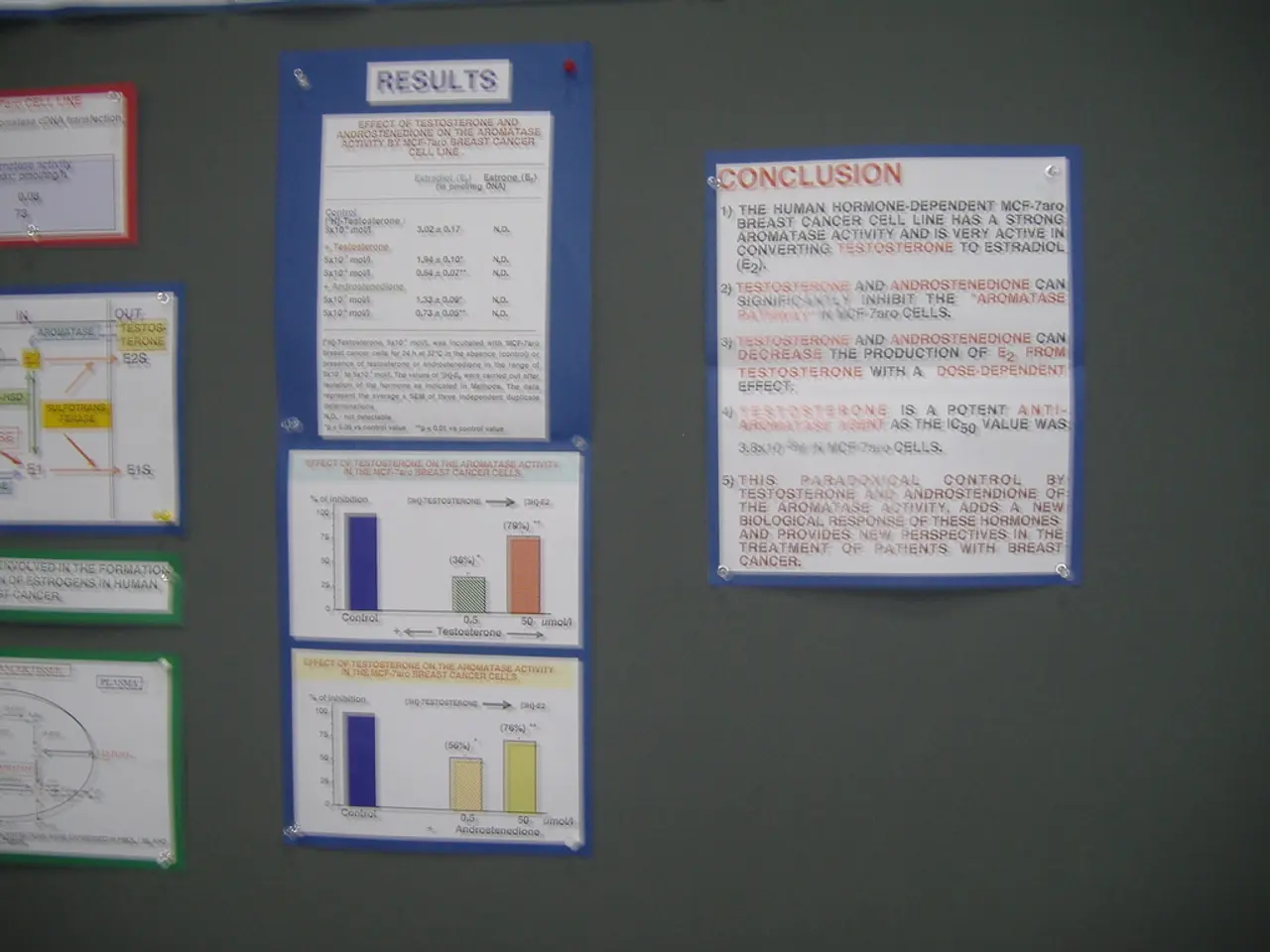Cantons in Switzerland planned to hold votes on implementing a nationwide minimum wage.
Minimum Wage Referendums in Basel-Country and Solothurn: A Battle Awaits
In the heart of Switzerland, residents of Basel-Country and Solothurn will soon cast their votes on a contentious issue: an hourly minimum wage in their respective cantons.
Unlike the nation as a whole, Switzerland lacks a national minimum salary. In 2014, a referendum advocating for a 22-franc-per-hour wage was disappointingly dismissed by 76% of voters, with warnings from the government about the adverse effects on Switzerland's thriving economy. They feared it would inflate production costs, potentially leading to job losses, particularly for smaller companies that might struggle to afford higher wages.
However, the national minimum wage rejection didn’t deter some cantons from contemplating their own wage rulings. So far, only five cantons have such legislation: Geneva, Basel-City, Neuchâtel, Ticino, and Jura, where minimum wage ranges between 24.48 to 21.40 francs an hour, depending on the cost of living in the respective cantons.
Among the cities, Zurich attempted to introduce a minimum wage, but it hasn’t been implemented yet. Now, the focus shifts to Basel-Country and Solothurn.
What's at Stake on February 9th?
In Basel-Country, the parliament had previously rebuffed a proposal by trade unions and the political left for a 22-franc minimum wage, fearing job loss among small businesses. However, the advocates of the initiative collected sufficient signatures to bring this matter to vote. If carried, Basel-Country would become the second German-speaking canton (after its 'sister' Basel-City) to legislate a minimum wage.
Similarly, in Solothurn, trade unions and left-leaning parties are pushing for a minimum pay of 23.50 francs an hour, inspiring opposition from business circles, much like in Basel-Country.
In 2023, city residents in Zurich and Winterthur approved minimum pay hourly rates of 23.90 and 23 francs an hour, respectively, but their implementation was halted due to a local court's ruling that nullified the move. Municipal authorities in Bern and Biel/Bienne are waiting for the Federal Court's decision on the admissibility of minimum wages in Zurich and Winterthur before proceeding with their own votes.
As these votes unfold, it remains to be seen if Switzerland’s economic powerhouses will adopt city-level minimum wages, altering the landscape of its labor market. Stay tuned as these referendums promise a thrilling showdown.
Bonus Insights
Dirck Baert, a political scientist at the University of Lucerne, commenting on the cantonal minimum wage initiatives, said, "This policy is more about identity and signaling than an economic necessity. The Swiss are debating the kind of society they want to be." He added, "Minimum wages can be a way for left-leaning parties and trade unions to demonstrate their stance on social justice and inequality." The outcomes of the referendums closely depend on various factors, including public opinion, economic conditions, and campaigning efforts. If you’re curious about the specific outcomes, consult local news sources or government reports from the time.
- If successful, Basel-Country will become the second German-speaking canton to legislate a minimum wage, moving in line with its 'sister' Basel-City.
- In Solothurn, advocates of a minimum pay of 23.50 francs an hour face opposition from business circles, creating a discordant scene that mimics the atmosphere in Basel-Country.
- The implementation of minimum pay hourly rates in Zurich and Winterthur was halted due to a local court's ruling, leaving residents in Bern and Biel/Bienne awaiting the Federal Court's decision on the admissibility of minimum wages in their respective cities.
- Political scientist Dirck Baert opines that the cantonal minimum wage initiatives in Switzerland are more about identity and signaling, demonstrating a societal debate on the kind of society the Swiss people aspire to be, with an emphasis on social justice and inequality.




